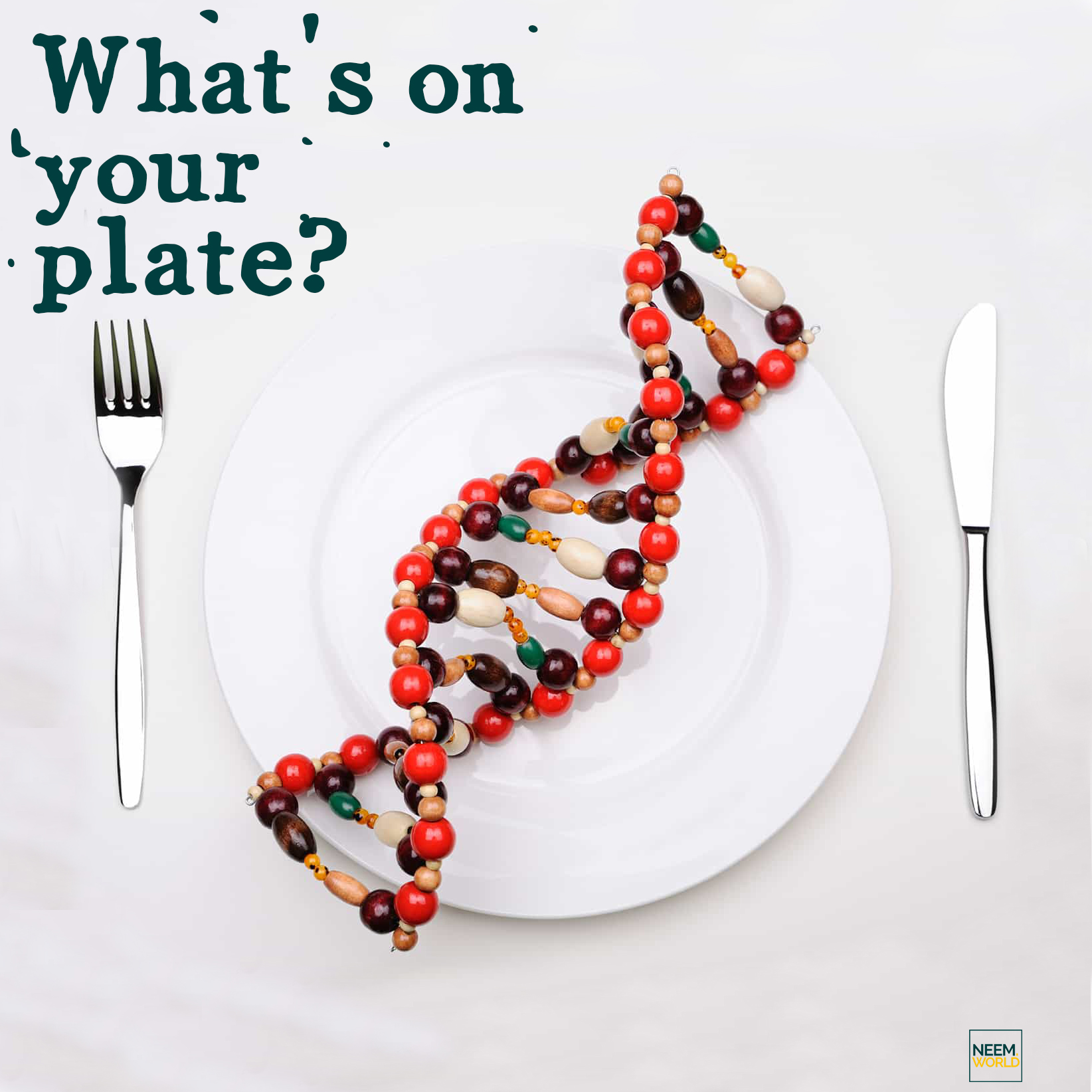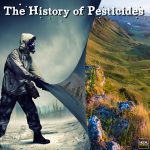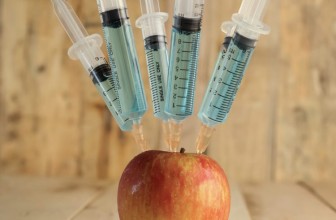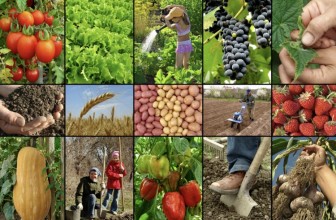What’s on your Plate?

Genetically modified (GMO) crops have become commonplace in agriculture throughout the world. Introduced in 1996, genetically modified corn and soy are relatively new technologies and yet they now comprise 54% and 92% of global use of those crops, respectively. Biotech crops reside over 180 million hectares of agricultural land globally and are often treated with thousands of tons of synthetic pesticides. Just take a look at Monsanto’s RoundUp Ready crops, which have devastating impacts on the environment.
In a study published by Nature, researchers from King’s College in London used molecular profiles to determine that major difference exist between a variety of Roundup-resistant corn and its parent non-GMO corn. There was an increase in putrescine and cadaverine, potentially toxic substances that enhance histamine effects. That means that these GMO crops could intensify allergic reactions. There was also evidence of changes in protein structure, energy utilization, and oxidative stress when compared to the natural variety of corn.
Today, at least 80% of packaged food contains GMO ingredients. Many of the conventionally produced fruits and vegetables available at your local grocery store are also GMOs, such as the new Arctic apple that does not brown when cut.
The nutritional content and safety of GMO foods is heavily contested around the world, and yet one of the main consequences of their use is the requirement of an associated synthetic pesticide that can cause severe health impacts as well as resistance among weeds. In March 2017, the European Union voted against permitting two new strains of genetically modified corn, whereas in 2016, 89% of the corn grown in the United States was a GMO variety.
What can you do to make sure that your food is safe for you to eat? By checking labels, demanding legislation that promotes transparency across the industry, and using your dollars to buy organic, non-GMO food, for the sake of the environment, our planet, and our health. When you make these informed choices, farmers and agriculture companies have a greater incentive to produce wholesome food in a safe, sustainable manner, like using neem-based biopesticides and fertilizers! What’s on your table?









502636 417812This constantly amazes me exactly how blog owners for example yourself can locate the time and also the commitment to maintain on composing fantastic weblog posts. Your web site isexcellent and 1 of my own ought to read blogs. I simply want to thank you. 322451